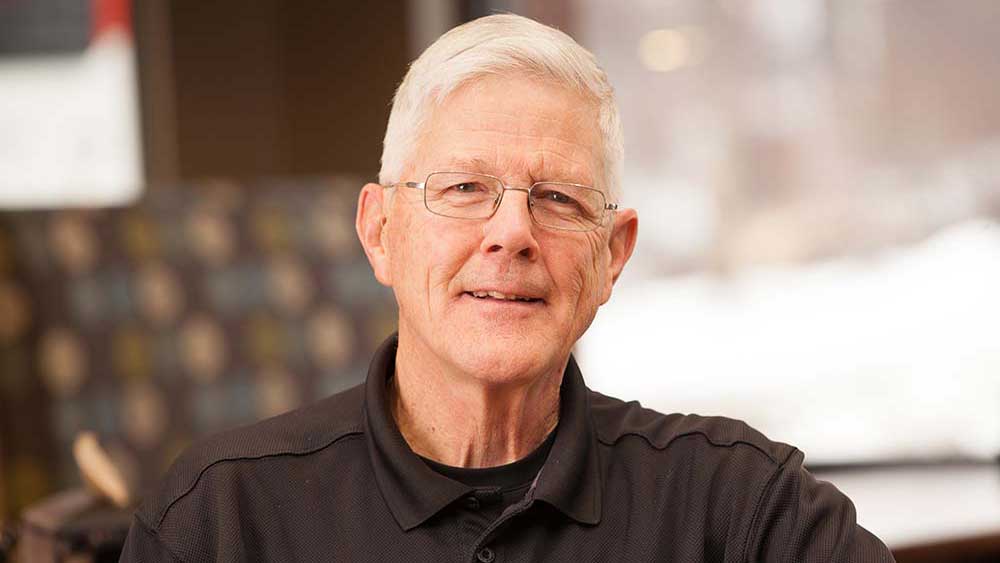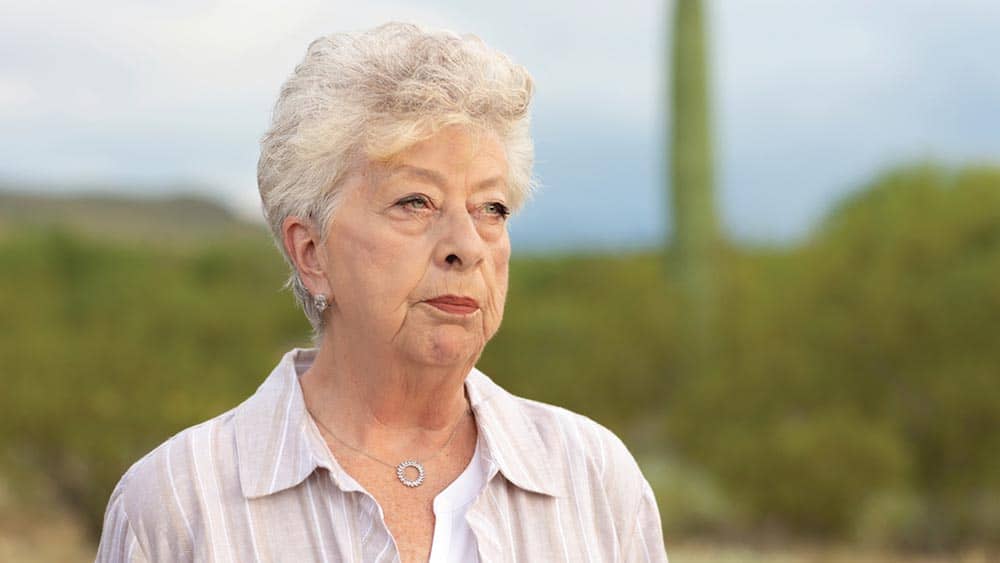

Lifelong Caregiving: Creating a Rich and Meaningful Life
Betty Ruff started working for South Carolina State Hospital, a psychiatric facility, in the early 1960s, shortly after graduating from high school. When she applied for a job there, she wasn’t exactly sure which department she would work in, or in which capacity. The staff at State Hospital chose her to join their Certified Nursing Assistant training program, and her fate was sealed; unbeknownst to her at the time, Betty would be a caregiver for life.
“I sort of fell into being hands-on with patients,” says Betty, who is now 77 years old. “I didn’t really know what I wanted to do—I just needed a job. But I was trained in how to administer medicine, give shots and take blood pressure. I ended up working there for 30 years!”
Comfort and Compassion on the Night Shift
After her training, Betty worked with female geriatric patients and immediately took a liking to it.
“The people who end up in State Hospital really need our help—their lives are not easy,” says Betty. “I had so much compassion for them, and it made me happy to provide them with tender love and care.”
About 10 years into working for State Hospital, Betty asked to be transferred to the night shift so she could care for her aging father during the day. While the night shift wouldn’t seem appealing to most, Betty actually discovered that she preferred it.
“The nights were usually quiet,” Betty recalls. “Sometimes there would be a violent outburst from a patient, but it was nothing we couldn’t handle. I was certainly never afraid. For the most part, the patients had been abandoned by their families, and they really just needed someone to help them feel loved.”
A Caregiver for Life
Betty retired from State Hospital in the 1990s, but she couldn’t shake her need to care for others. Shortly after retiring, Betty began helping one of her neighbors—a busy working mom with three young sons—while the mom worked sometimes erratic hours at the Statehouse.
“I would help get the kids to school, and watch them after they came home,” Betty recalls. “On some nights, I made dinner for them and helped them with homework. Eventually, the boys grew up and didn’t need my help anymore. After I stopped working for the family, I went on a trip and met a man who told me that his mother-in-law lived near me and needed to be looked after. I took him up on the offer immediately!”
Betty provided regular care for the 95-year-old woman, taking her out for some exercise, to the beauty shop to get her hair and nails done, out to lunch on Saturdays, and to her church on Sunday mornings. The two women loved passing time together, spending most days together for five years, until the older woman passed away at the age of 100.
“I took a break for a bit after that,” says Betty. “I was able to take a step back and spend time with my sister. But when my sister passed away last year, I was very lonely and thought it might be time to look for work again.”
So at age 77, Betty connected with Right at Home in Columbia, South Carolina, to continue working as a caregiver. Even though she’s been retired for over 20 years, Betty is driven by the fact that she’s meant to take care of people in this life.
“As long as I am able, I’m going to help others,” Betty says. “I need something to do anyway—I get so bored just sitting at home. So why not use my time to take care of others?”
Latest Resources for Seniors
Featured article








